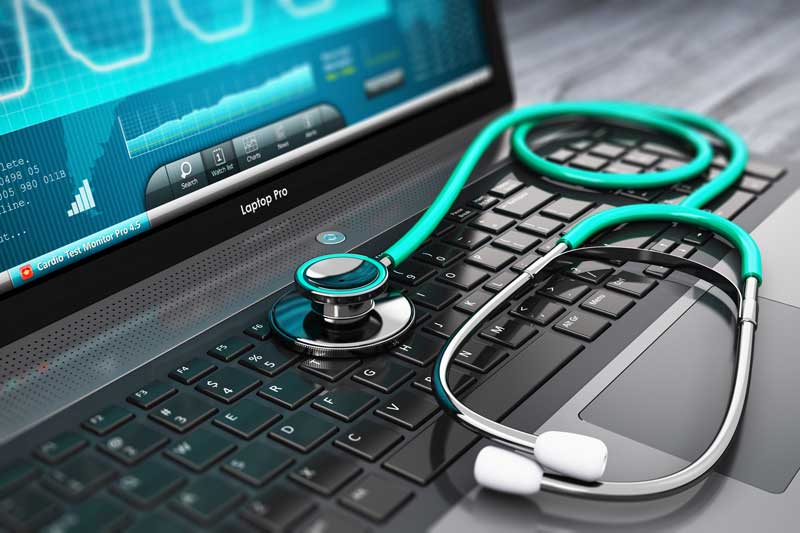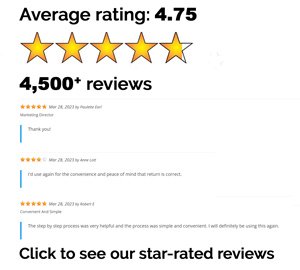If you look and feel good going to the doctor is probably the last thing on your mind. But scheduling routine visits with your doctor is important because it can help prevent problems before they start. Doctors are specially trained to pick up on things that you may have brushed off as no big deal. Zocdoc is a great way to find a doctor and book an appointment online. They keep track of which doctors you’ve seen and remind you when it’s almost time to schedule another visit.
Annual physical with your primary care physician (PCP)
Visiting your primary care physician (PCP) will help create a baseline for your overall health. During your visit they’ll check your height and weight, ask about your medical history, lifestyle, and answer any questions on your mind. They’ll also examine your ears, eyes, mouth, and reflexes. Typically, you’ll be asked to fast for several hours before your appointment so they can do blood work. One of the ways doctors detect or monitor medical conditions is to check your vital signs which has 4 main components.
- Blood pressure – A normal blood pressure is less than 120 over less than 80. High blood pressure (hypertension) is defined as 130 over 80 or higher.
- Heart rate (pulse) – For adults, a normal resting heart rate is between 60 to 100 beats per minute.
- Respiration rate – The normal respiratory rate for healthy adult 12-20 breaths per minute.
- Temperature – The average body temperature is 98.6°F (37°C).
A full skin cancer screening with your dermatologist
It’s recommended that you see a dermatologist annually for a full skin cancer screening to catch and treat it during the early stages. During your visit, you’ll be asked to remove your clothing (except your underwear) and the doctor will examine you from head to toe looking for suspicious spots that could be cancerous. Signs of skin cancer include a sore that doesn’t heal, the appearance of a new growth, and a mole that has changed in shape, size, or color. Skin cancer is one of the most common cancers, but it’s also the most preventable. You can reduce your risk by avoiding tanning beds, using a broad spectrum sunscreen with an SPF of 15 or higher, staying in the shade and covering up.
Women need to start seeing a gynecologist at age 21
This one is just for the ladies. Once you turn 21, it’s recommended that you get a Pap smear to screen for cervical cancer. If the results are normal, you only have to repeat the Pap smear every three years. At age 30, you’ll also start being screened for human papillomavirus (HPV). If your results are normal, you can wait five years for your next screening. It’s also recommended that you begin getting mammograms at age 45 to screen for breast cancer. Aside from routine screenings, you can visit your gynecologist any time to discuss issues regarding pregnancy, fertility, menstruation, menopause, STIs, breast exams and birth control.
Visit your dentist twice a year to keep your teeth and gums healthy
You need to visit your dentist every six months to keep your mouth, teeth, and gums healthy. During a dental checkup, they’ll take X-rays, check for cavities, and give you a thorough cleaning to remove stains and plaque. You’ll also get tips for improving your dental hygiene to avoid tooth pain in the future. In between visits, you can protect your smile by brushing regularly with fluoride toothpaste, flossing, using mouthwash, and avoiding sugary food and drinks.
Schedule an eye exam
As we get older, our vision naturally starts to deteriorate, but some of our daily habits are also to blame. Smoking, having too much screen time, a poor diet or lack of sleep can cause bad eyesight. Scheduling an eye exam with an optometrist can help detect vision problems and eye diseases. Most healthy adults only need to visit the eye doctor every two years. If you wear glasses or contacts, you’ll need to book an exam annually to keep your prescription up to date and avoid eye strain.




